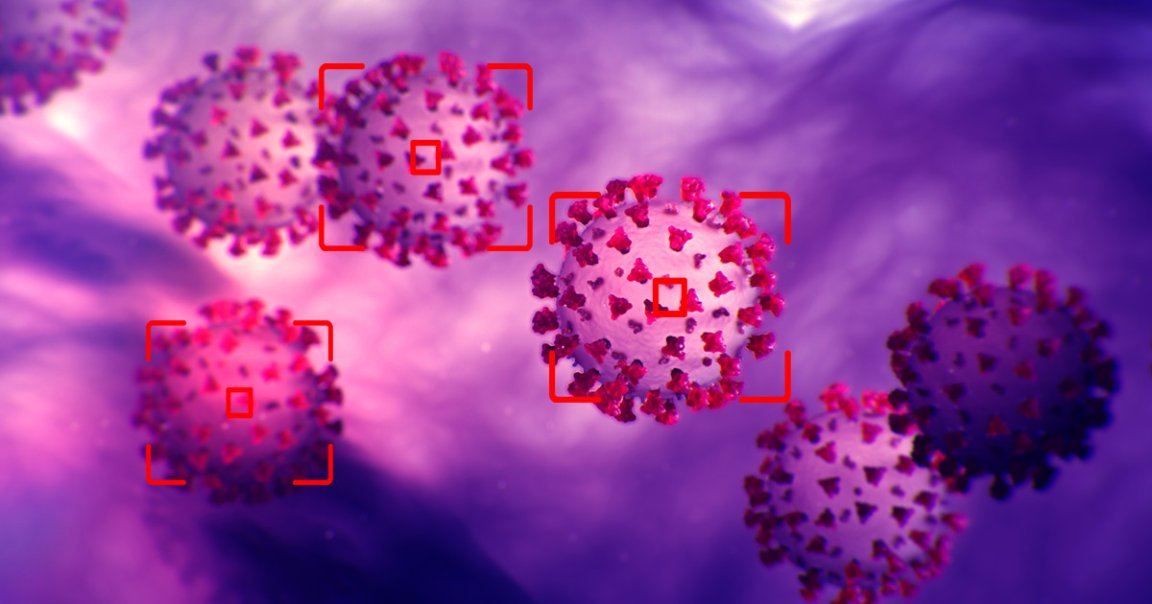
Betteridge’s Law of Headlines states that any headline asked in the form of a question can be answered “no,” and thus, is a bullshit proposition.
This, of course, most certainly applies to the above headline.
But given the increasing incidence of stories stacking under the keywords “AI” and “coronavirus” as many of the usual breathless boosters of AI/tech companies currently attempting to (gold) rush their way into a solution (and get in front of a recovering market dip), you may be led to believe otherwise.
For example:
“Alibaba’s new AI system can detect coronavirus in seconds with 96% accuracy” [TNW]
“From robots to AI drugs, here are six tech startups fighting coronavirus” [Sifted]
“AI could be our best hope in fighting the next coronavirus” [Telegraph]
“How Coronavirus-Affected Regions Are Using AI to Combat Outbreak” [Analytics Insight]
And where it concerns Betteridge’s Law:
“Can Artificial Intelligence Prevent Coronavirus From Spreading?” [CIO Review]
“Coronavirus: Can AI (Artificial Intelligence) Make A Difference?” [Forbes]
“Coronavirus: Can AI Be A Cure?” [IBT]
We’ll let the Wall Street Journal‘s recent, sober, fair look at the crossroads between AI and coronavirus bring this point home. In a story titled “Coronavirus Reveals Limits of AI Health Tools,” the WSJ’s Parmy Olson reports:
Self-described AI systems that are built on machine learning, which adapt based on new data they receive, are difficult to tweak for a new virus, said Hugh Harvey, co-founder of Hardian Ltd., a digital-health-care consulting firm and a former radiologist. Those systems “need accurate training data,” he said. Any little-before-seen, highly infectious disease for which data is scarce could pose similar challenges for even the more sophisticated of such technologies.
Emphasis ours. Also, note the kicker:
Artificial intelligence has a role to play in health care, said Keith Grimes, Babylon’s clinical innovation director and a practicing medical doctor. “In a situation like this, the tools aren’t ready.”
AI won’t save you. A prepared, well-funded, readily available (and free) health care effort might. Until then, stick to anti-bacterial hand wash, and pin your hopes on governments taking quick action and resisting the urge to touch your own face.